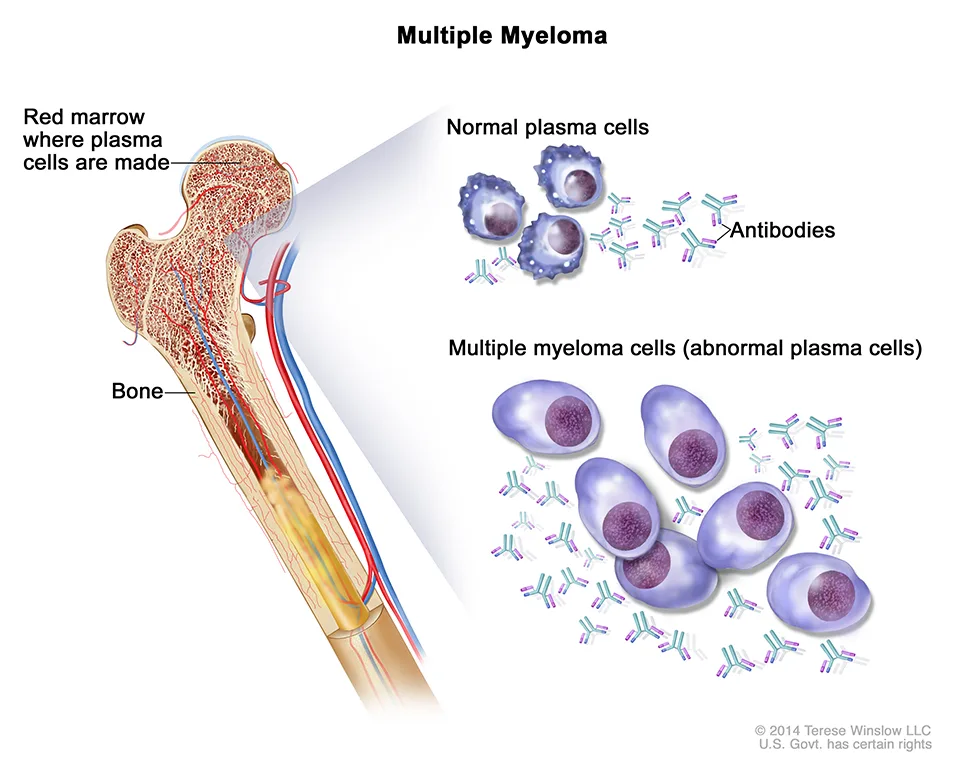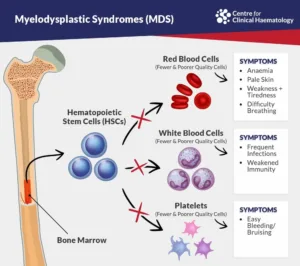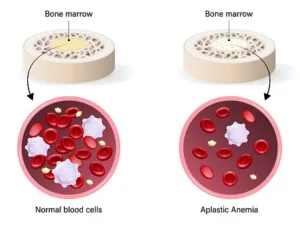+90 533 813 89 77
info@bookingforhealth.com

Bone Marrow Diseases and Treatments
Bone marrow is an essential organ within our bodies, responsible for producing key blood cells, platelets, and certain immune cells. Bone marrow diseases can affect the normal functions of this vital organ, leading to serious health issues. In this article, we will discuss bone marrow diseases, their causes, symptoms, and treatment options.
Types of Bone Marrow Diseases
- Leukemia: Leukemia is a cancerous disease that affects blood cells. The bone marrow becomes infiltrated with immature leukemic cells, hindering the production of healthy blood cells. It is categorized into two main types: acute leukemia (fast-growing) and chronic leukemia (slow-growing).

- Multiple Myeloma: Multiple myeloma is a cancer of the plasma cells within the bone marrow. These cells are responsible for producing antibodies and overproduction weakens bones.



Symptoms
Symptoms of bone marrow diseases can vary depending on the type and severity of the condition. Common symptoms may include:
- Fatigue and weakness
- Pallor
- Easy bruising and bleeding
- Bone pain and fractures
- Susceptibility to infections
- Fever and worsening immune system problems
Treatment Options
The treatment of bone marrow diseases depends on the type and stage of the disease. Treatment options may include:
- Chemotherapy: Used in the treatment of bone marrow cancers such as leukemia and multiple myeloma.
- Bone Marrow Transplantation: In cases of bone marrow failure, healthy bone marrow cells may need to be transplanted.
- Drug Therapies: Some conditions, like myelodysplastic syndromes, can be managed with medications.
- Supportive Therapies: Supportive treatments like blood transfusions, immune-boosting medications, and symptom-alleviating measures can be employed.
Bone marrow diseases are serious health conditions, but they can be managed with early diagnosis and appropriate treatment. Regular health check-ups and adherence to medical advice are crucial.
In conclusion, bone marrow diseases are treatable conditions that can lead to serious health issues. Early diagnosis and proper treatment can improve patients’ quality of life and control the progression of the disease. Therefore, individuals experiencing symptoms of a bone marrow disease should seek the guidance of a healthcare professional.



